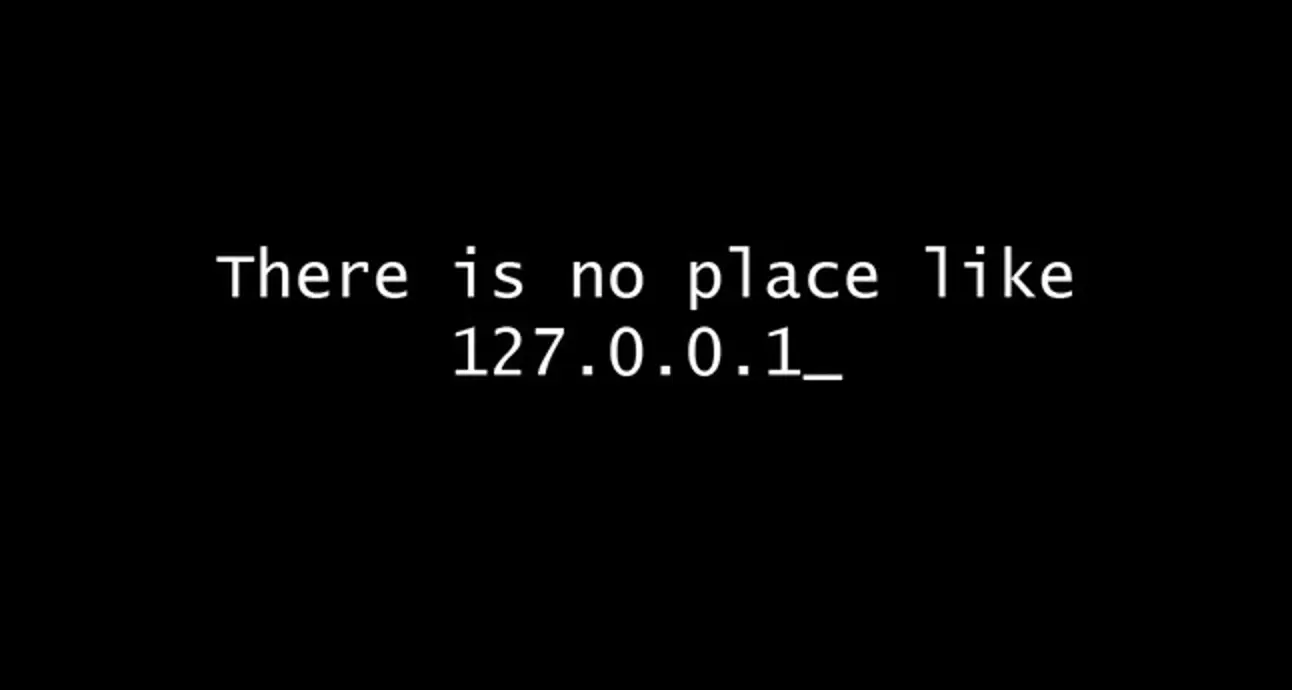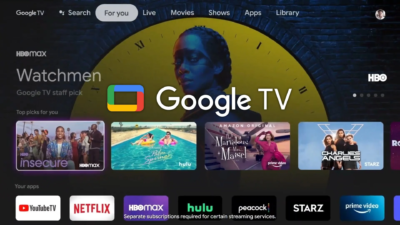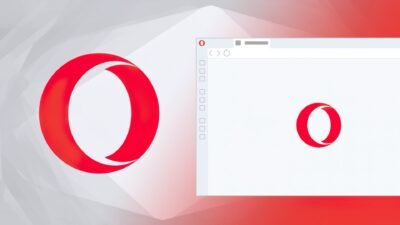Anti-Piracy Firm Wants Google To Block 127.0.0.1

Search engines are a blessing for users, but they are sometimes a curse for content providers. Because illegal content can also be found via Google. Of course, companies can take action against this, but that sometimes has bizarre excesses. Like now.
You hardly have to explain the “tool” DMCA takedown to anyone these days, the removal of copyright infringements from the Internet according to the guidelines of the Digital Millennium Copyright Act has long since become an everyday process. Google has already processed more than five billion takedown requests, with millions of new ones being added every week.
Most of the links are rightly removed, but there are always – sometimes strange and even spectacular – cases that are based on errors and automatisms by bots. A current case can also be classified in this category: As TorrentFreak reports, a Ukrainian TV station called TRK has submitted a rather bizarre takedown application via its anti-piracy partner Vindex.
Local Host
Because you sent a takedown request to Google, which could be found on the IP address 127.0.0.1. To put it mildly, that is original. Because this IPv4 address simply designates the local host of a device or server. In other words: your own computer.
According to the explanations of the takedown request, the reported sites would “illegally provide external links that allow users to access and/or download unauthorized copyrighted soccer content”. The file classified as illegal, which may be a playlist on the P2P streaming platform Ace Stream, was found on a Vindex computer and not freely available on the Internet.
Needless to say, Google did not act in this case. However, Vindex should take a closer look at its bots, because they were certainly responsible for this message. These are obviously anything but the smartest, because only ten percent of the links complained about by Vindex are actually removed by Google.
Digital marketing enthusiast and industry professional in Digital technologies, Technology News, Mobile phones, software, gadgets with vast experience in the tech industry, I have a keen interest in technology, News breaking.












